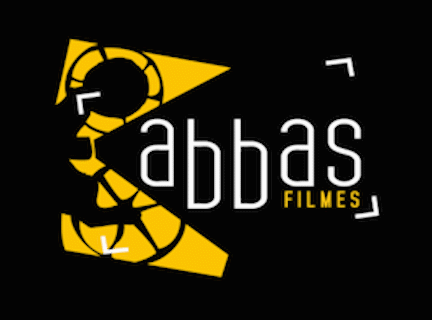PRODUCTIONS
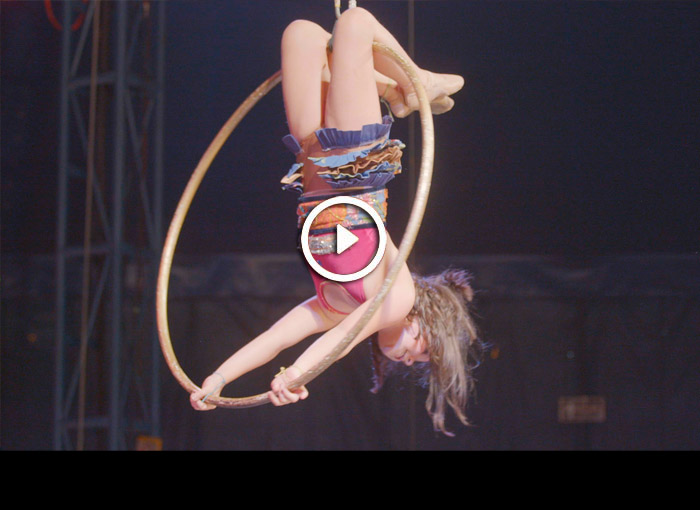
MY HOUSE, OUR WORLD
Thirteen children have unique experiences in their lives when they set out to learn about each other’s homes, habits, activities, and cultures. From the Pataxó village to Abaeté, from the beaches of Rio Grande do Norte to Cariri in Ceará, from Espírito Santo to the agroforest in the mountainous region of Rio de Janeiro, or from the circus in São Paulo to a farm in the interior of Bahia, the series "My House, Our World" visits special places, revealing the lives of its young inhabitants and broadening the horizons of those undertaking their first great journey.
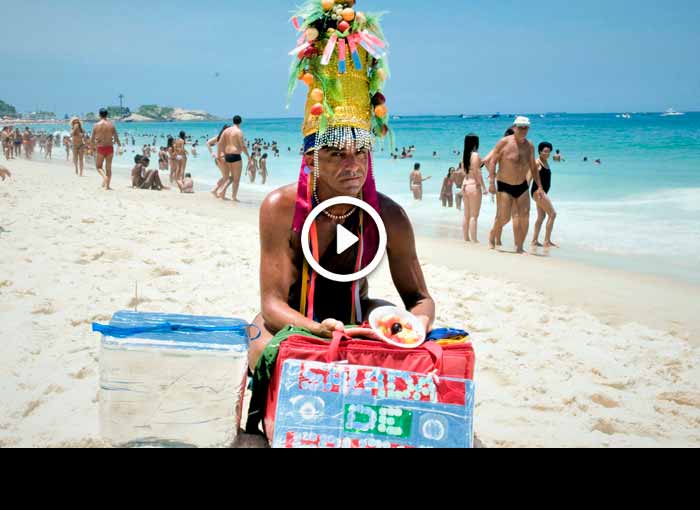
TASTE BUDIES – 2ª. SEASON
Taste Budies approaches the Brazilian cultural heritage through the portrait of street vendors who prepare and sell typical foods of their region, in the streets of their cities. From the purchase of ingredients to the preparation of the dish or delicacy, we will monitor the daily lives of those responsible for good popular cuisine in Belém, Salvador, Aracaju, Maceió, Recife, Natal, Rio and São Paulo.
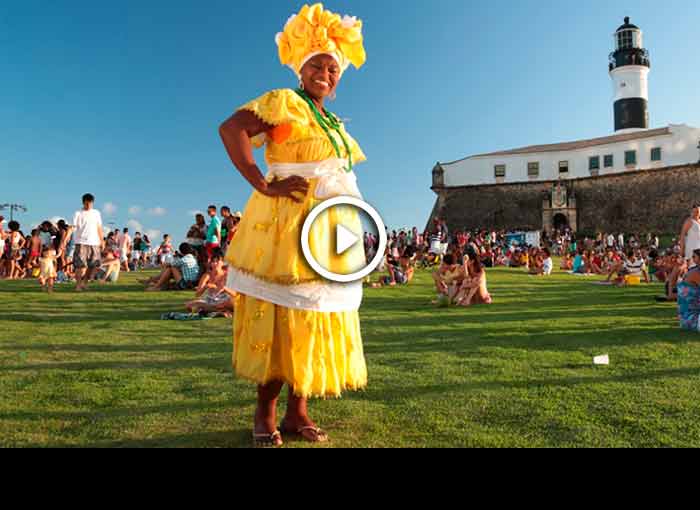
TASTE BUDIES – 1ª. SEASON
Filmed in Salvador, Recife, Manaus, São Paulo and Rio de Janeiro, Na Boca do Povo follows the daily life of street vendors who prepare and sell typical food on the streets of their cities, unveiling creative sales strategies. The series also reveals the relationship of traditional foods with Brazilian regional history and culture.
Taste Budies is part of the Taste Budies Project (www.gastronomiaderua.com.br)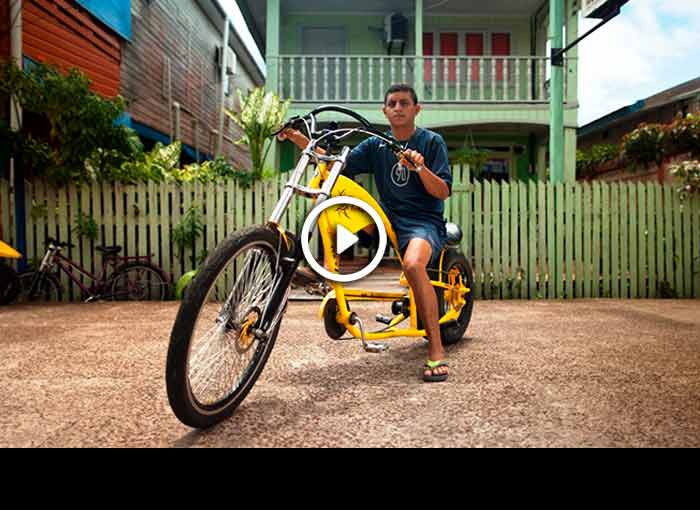
ON WHEELS LATIN AMERICA
The series portrays characters who, working informally on the streets of their cities, use human-powered vehicles to carry out their activities. Using original strategies for survival, this population discovered its own way of making a living, standing out in the urban landscape for its aesthetics, its charisma, and the uniqueness of its occupation.
Co-production: Ocean Films and Turner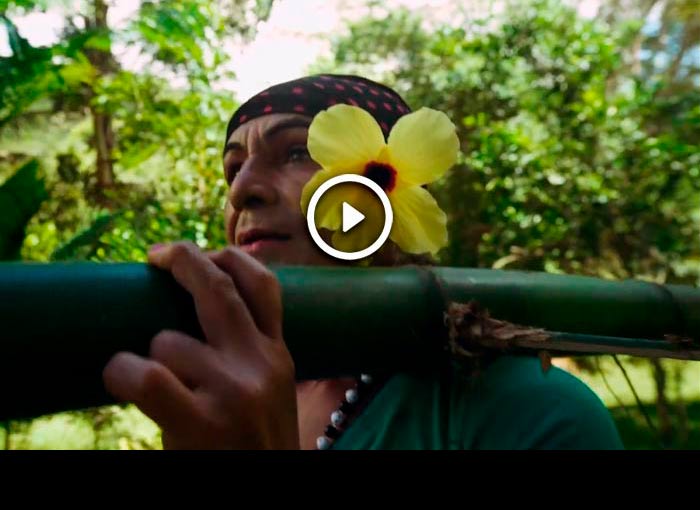
SAUCY TOINHA
Saucy Toinha is not just any Bahian, this is evident to anyone who sees her behind her board. What many don't even suspect is that it is she herself who manufactures the oil palm used in the preparation of her acarajé. It climbs on the foot, drops the bunch, cooks the palm oil, macerates it in a pestle and when everything turns into a paste, it separates the liquid from the bagasse in a long manual process. Then she boils the palm oil again and only then does the oil appear, like a mirror, above the water. Business is a lot of work, but who cares? - “My acarajé has to be perfect” – she says proudly.
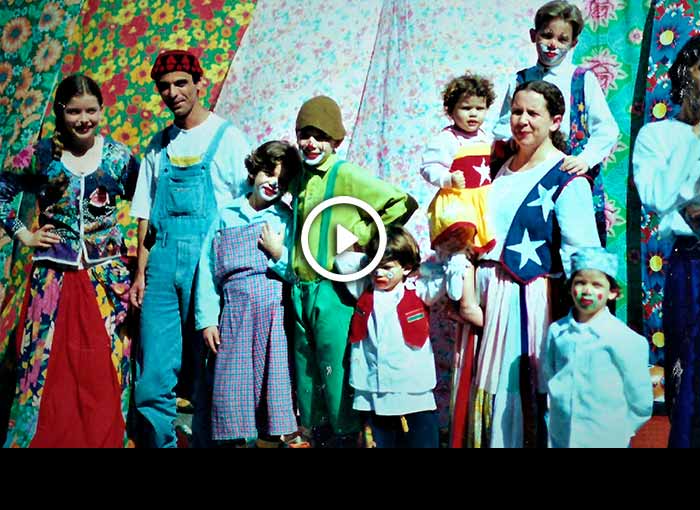
ON THE STREET
The daily life of twenty characters who make the streets of Rio their place of work, transforming the public space into a studio, studio, stage, kitchen, workshop, terrace or balcony. Conceived as a sort of inventory of street professions from the end of the 20th century, the documentary follows the workers during one of their journeys, where we get to know a little about their history and their craft. Talking about the most varied subjects – profession, family, love, violence, dreams – they form a surprising panel of the life of those who work in the streets and teach us some secrets of the art of survival.
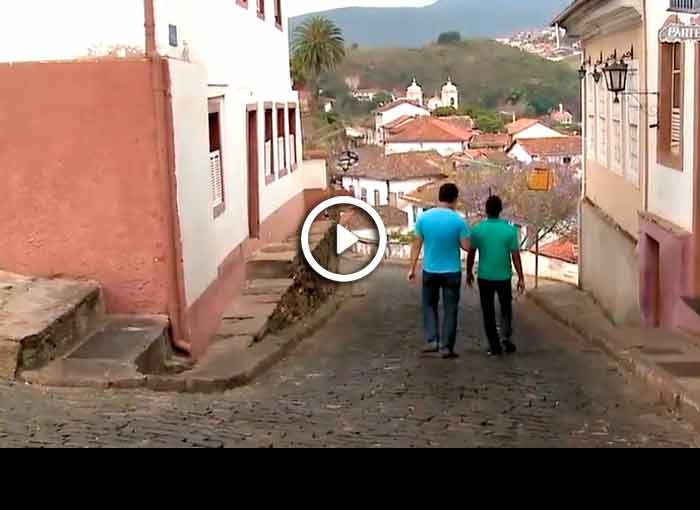
TODAY IS...
In 2014, Abbas developed and produced a series of paintings for TV Globo's Como Sera? program, where the actor Alexandre Henderson traveled through different public territories, such as the beach, markets, historic cities, bars and museums, in search of relevant information , combining culture with quality humor.
Coproduction: Ocean Films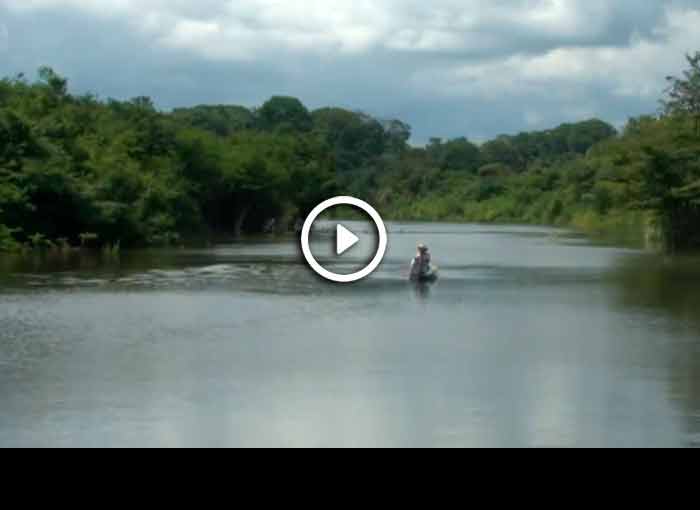
IGARITÉ
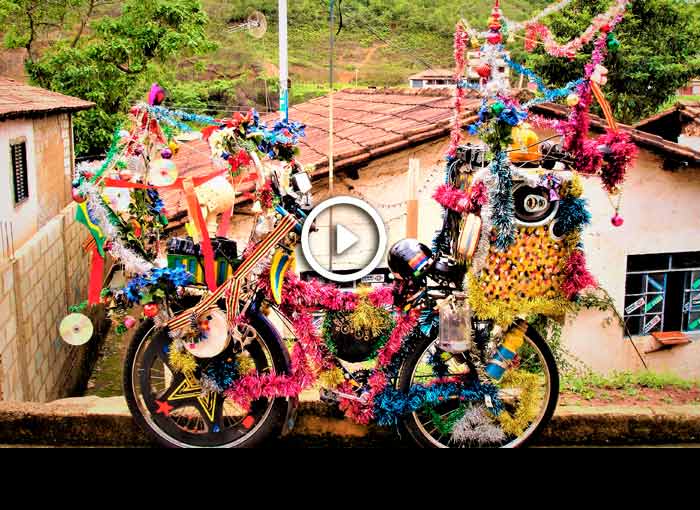
ON WHEELS BRAZIL
The daily lives of characters who, by pulling, pushing or pedaling a vehicle, make their living on the streets of the country's cities. The film seeks to establish a relationship between the movement of the wheel and the inconstancy of life itself, particularly of those who are led to daily use their creativity and the ability to improvise to ensure their survival.
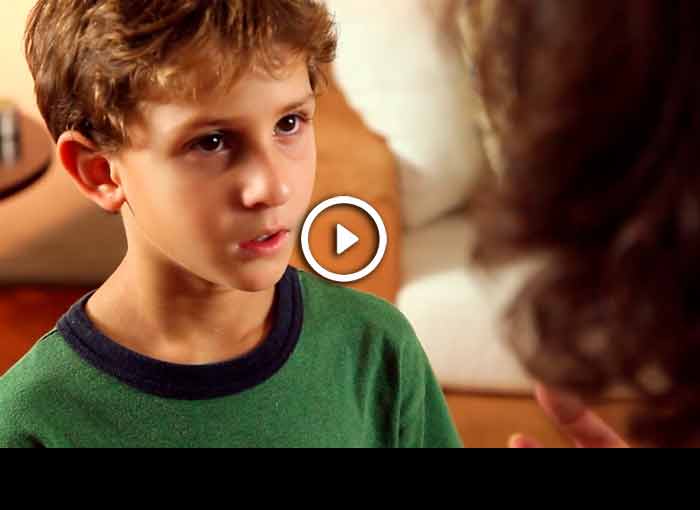
DON'T BEAT, EDUCATE
Awareness campaign to denaturalize the practice of physical punishment as a way of educating, whether in the family, in the school environment, in the community, in the media and social media.
Coproduction: CECIP (Popular Image Creation Center)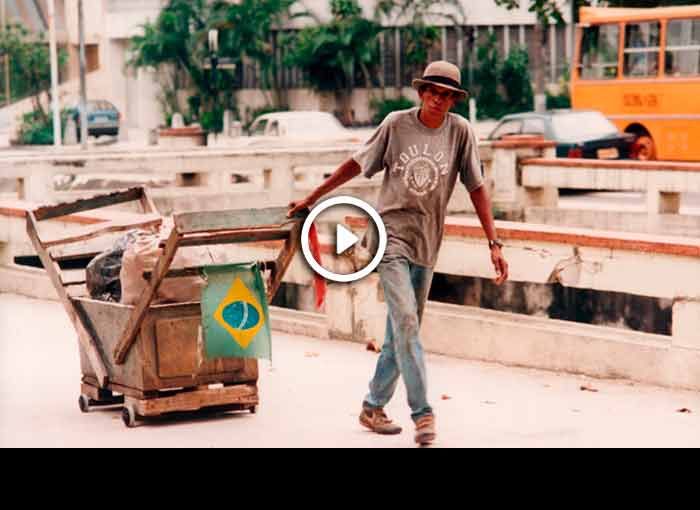
DONKEY WITHOUT A TAIL
The title refers to how is known, in Rio de Janeiro, who lives by collecting recyclable materials that can be sold and used by industries. The origin of the pickers in Brazil comes from the Portuguese bottle makers who, for working pulling their wooden cart through the city streets, were compared to the animal. It is by following the daily lives of five donkeys without a tail that we enter this universe where great stories are told amidst dust and intense traffic.
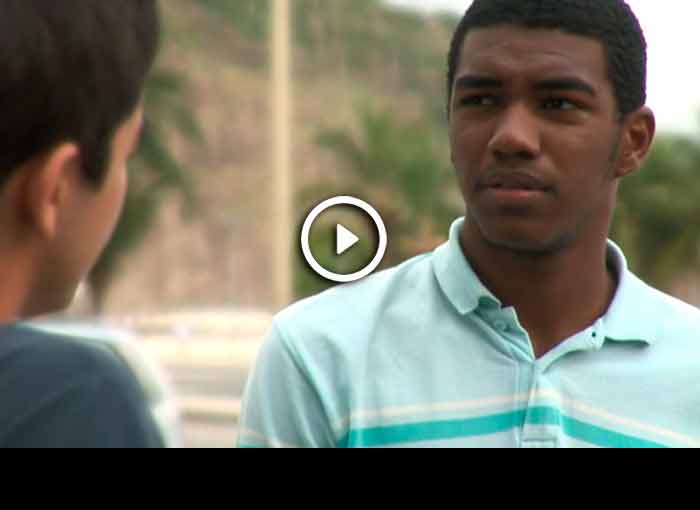
ONLY 2 BOYS
Two women, two realities: Rosa is the mistress, Arlete the maid. Although they live in two realities, they share the same drama: the loss of control over their children's lives, young people who begin to chart their own destinies without being aware of the risks they run.
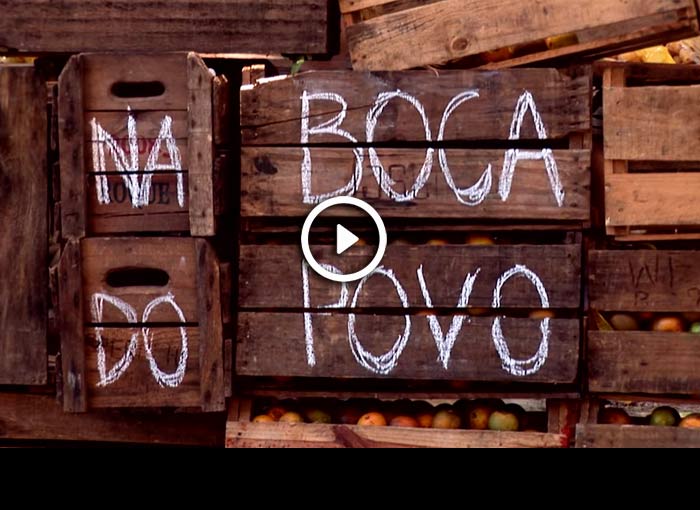
TASTE BUDIES
On a journey through the universe of the streets of Rio, the short reveals the creativity and cultural richness of the people of Rio de Janeiro based on the daily lives of some characters who make a living producing and selling food in the city's public spaces. An inventory of popular Rio cuisine in its noblest setting - the street.
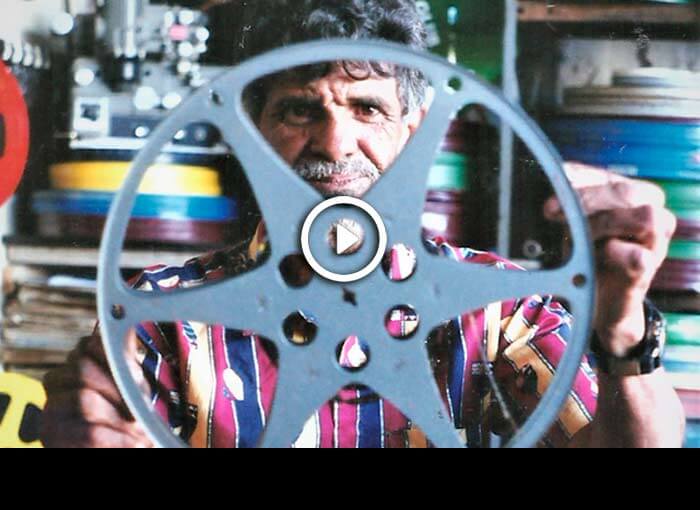
MINI CINE TUPY
José Zagati, a cardboard picker from Sitio das Madres, a settlement on the outskirts of São Paulo, set up a small movie theater in his home's garage, using materials found in the garbage, so that he could show movies to children in the neighborhood. The cinema is open every Sunday and the session starts as soon as it gets dark. If it doesn't rain: the projector is unprotected on the sidewalk, so that it has a greater distance from the screen. Admission is free.
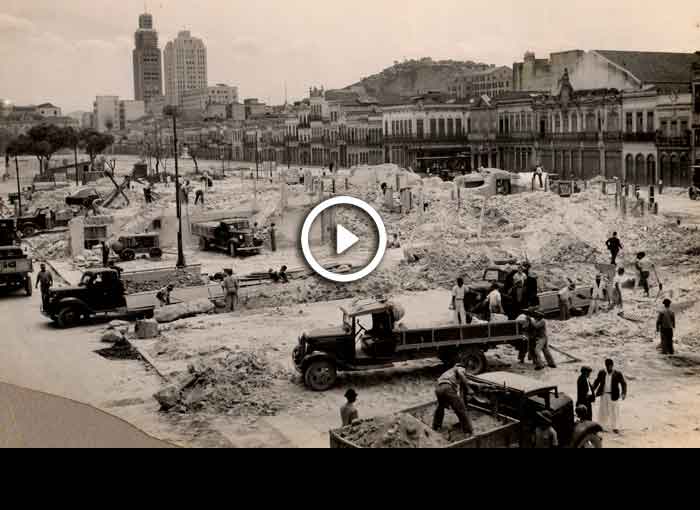
PRESIDENT VARGAS, AN AVENUE´S BIOGRAPHY
Based on the daily lives of some of its regulars, the documentary “President Vargas, Biography of an Avenue” takes us on a walk along one of the most important streets in Rio de Janeiro. Cradle of samba and carnival, a stage for remarkable historical events, the avenue is an icon of the transformations that have taken place in the country in recent decades, whose economic and social importance extends to the present day.
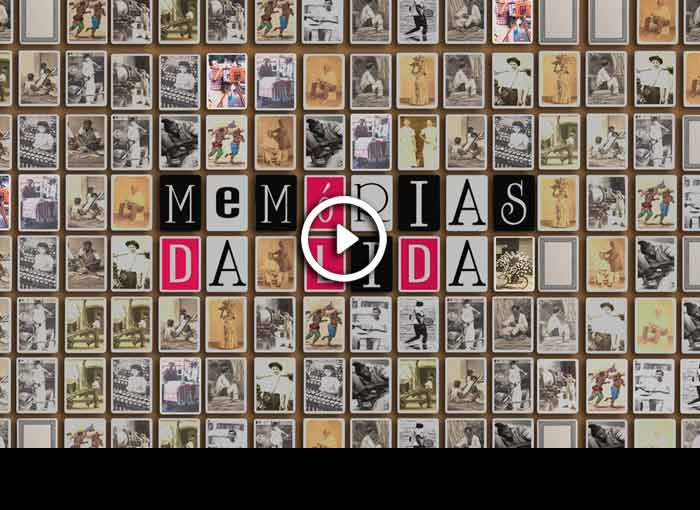
LABOUR´S MEMORIES
“Memories of Lida” addresses the evolution and transformations that have taken place in the world of work in the city of Rio de Janeiro over the last hundred years. The film uses images from archives and iconographic collections of various Institutions, as well as testimonies from scholars on the subject, to provide us with a tour of Rio that wakes up early, stop-time and catches, but also the Rio of informal activities, where it takes a good dose of carioca trickery to survive.
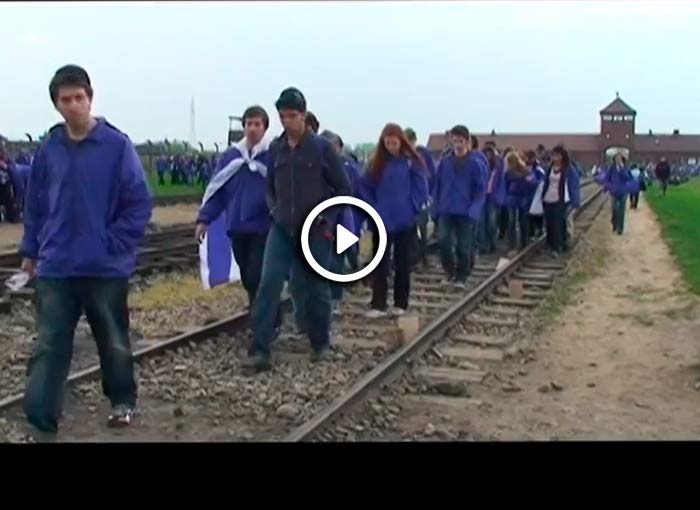
MARCH OF LIVING
In 2008, a group of 48 young people from a school in Rio went to Poland to visit the concentration camps. This trip, planned within an educational project called “March of Life”, aims to provide a reflection on the holocaust, and ensure that new generations do not let the memory of this tragic moment of humanity be forgotten.
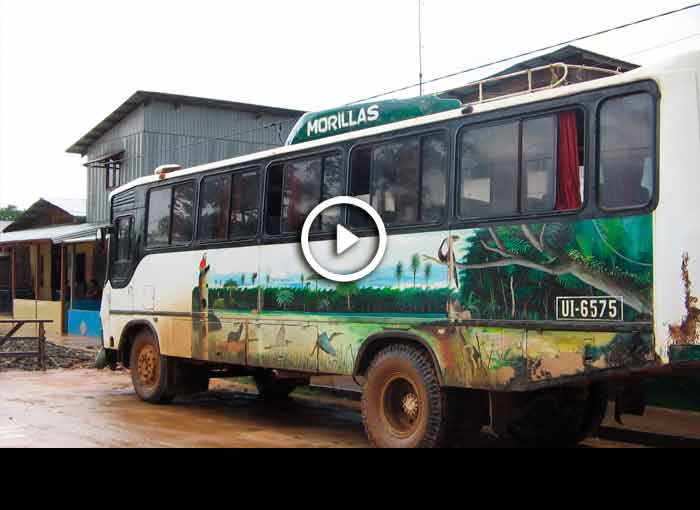
AMAZON, STORIES FROM OUR HISTORY
Made for Canal Futura, the documentary portrays the history of Acre, from its creation, in the late 19th century, until the mid-1980s, when the state became a world reference in environmental conservation through the struggle of rubber tappers led by Chico Mendes.
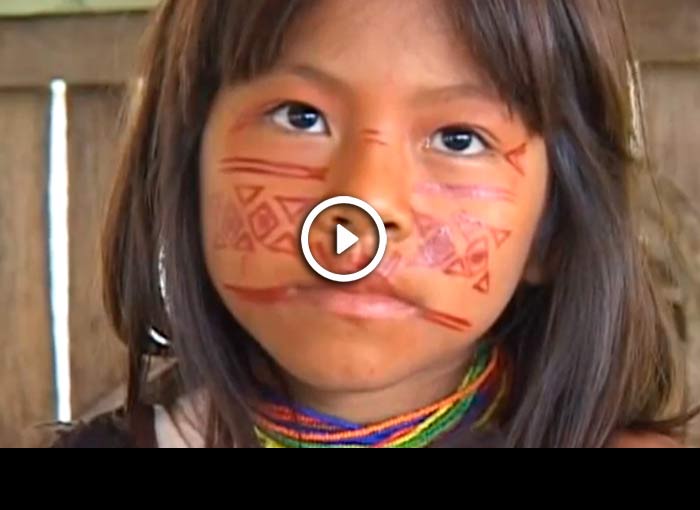
ASHANINKA CONNECTION
In 2006, plastic artist Ana Rondon - great-granddaughter of the general who toured Brazil at the beginning of the 20th century - traveled to an Ashaninka village, which is located in Acre, on the border with Peru. For a week, she gave a workshop, promoted by Funarte, with the aim of establishing a cultural exchange that could be beneficial for the tribe and for the artist who, according to her, learned more than she taught. In parallel, we get to know a little about the history of this group, which has its origins in the Andean Alps, while we live the day-to-day life of an indigenous village.
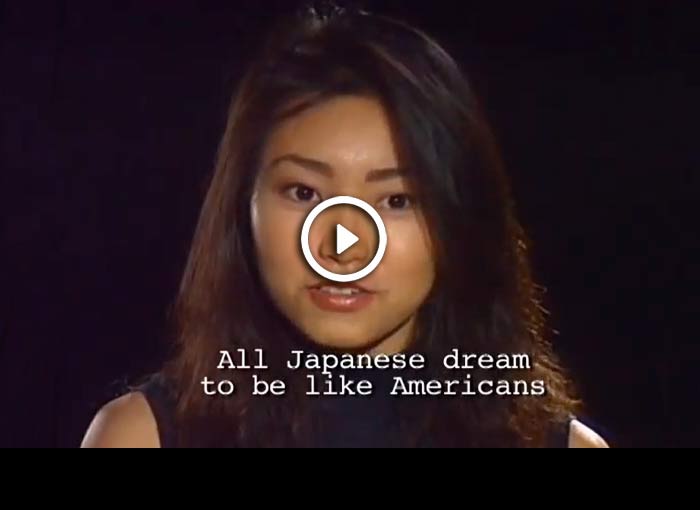
WHO ARE YOU?
What is the first image that comes to us when we think of Japan? Harakiri, geisha or sushi? And in China? Mao Tse Tung, Peking Opera and the Great Wall. And in the US? Cheeseburger, Michael Jackson or Cowboys. It is through stereotypes that people identify the places and cultures of others. In “Who are you?”, twenty-one people from different nationalities describe the images they have about places they don't know, and talk about the infidelity of the information transmitted by the media and the prejudices they generate.
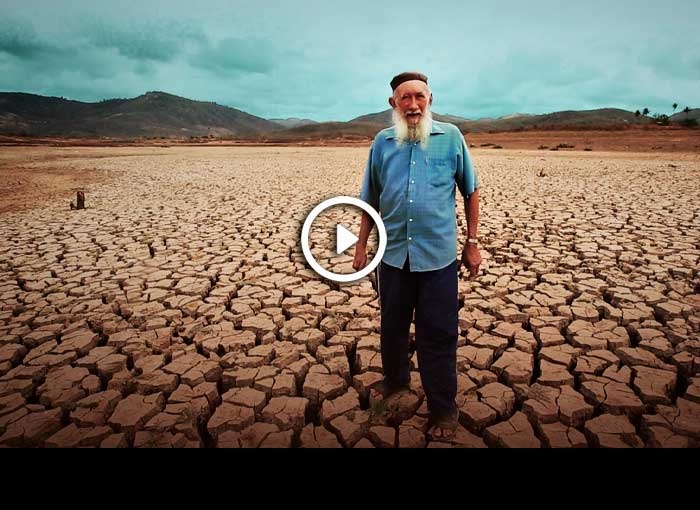
MARRANOS, THE NEW JEWS IN BRAZIL
In northeastern Brazil, descendants of Jews who were forced to convert to Christianity during the Inquisition, return to their origins and start to cultivate rituals of the Hebrew people. Direction: Felipe Goifman and Sérgio Bloch.
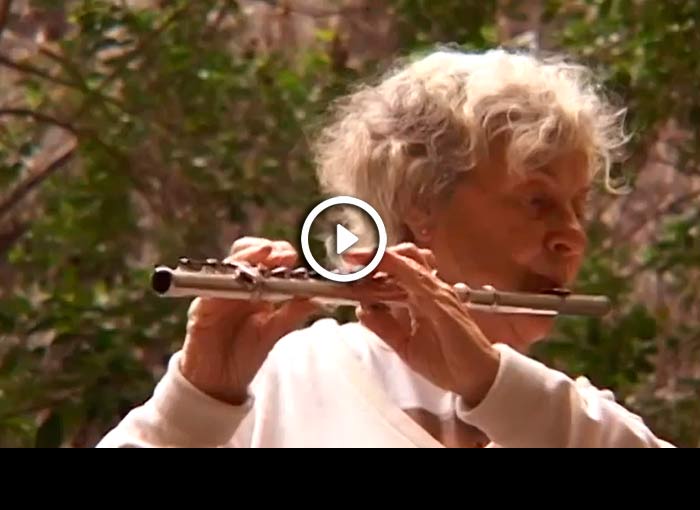
LIFE ON THE FLUTE
Flutist Odete Ernest Dias arrived in Brazil at the age of 22, after winning a competition at the Paris Conservatory of Music. Since then, she has played in several orchestras, in addition to having taught most of the flutists of the last two generations. The film accompanies Odete in performances in Brazil and France, while she discovers her personal story and love for music.
